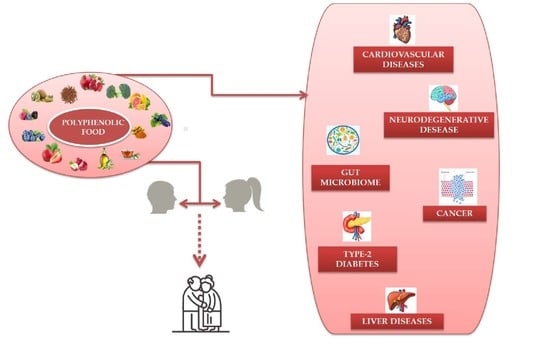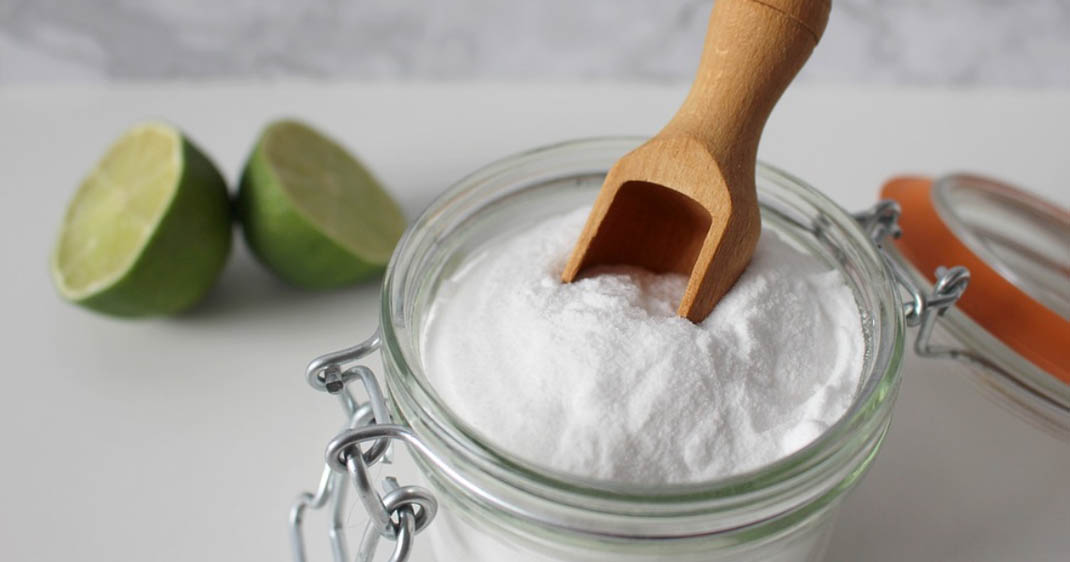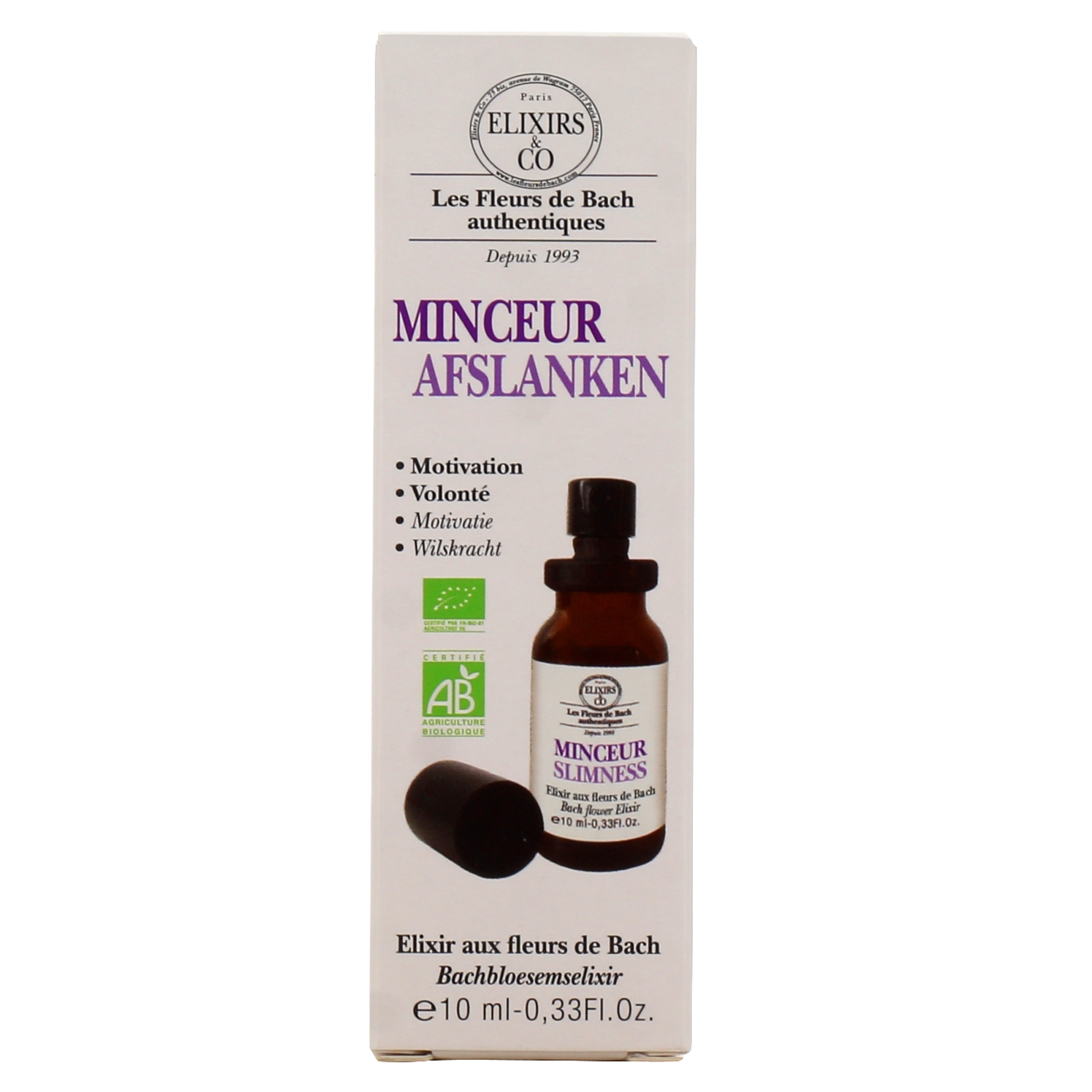Antioxidants, Free Full-Text
4.8 (193) · € 28.50 · En Stock
Aging and, particularly, the onset of age-related diseases are associated with tissue dysfunction and macromolecular damage, some of which can be attributed to accumulation of oxidative damage. Recently, growing interest has emerged on the beneficial effects of plant-based diets for the prevention of chronic diseases including obesity, diabetes, and cardiovascular disease. Several studies collectively suggests that the intake of polyphenols and their major food sources may exert beneficial effects on improving insulin resistance and related diabetes risk factors, such as inflammation and oxidative stress. They are the most abundant antioxidants in the diet, and their intake has been associated with a reduced aging in humans. Polyphenolic intake has been shown to be effective at ameliorating several age-related phenotypes, including oxidative stress, inflammation, impaired proteostasis, and cellular senescence, both in vitro and in vivo. In this paper, effects of these phytochemicals (either pure forms or polyphenolic-food) are reviewed and summarized according to affected cellular signaling pathways. Finally, the effectiveness of the anti-aging preventive action of nutritional interventions based on diets rich in polyphenolic food, such as the diets of the Blue zones, are discussed.

Free radicals: How do they affect the body?
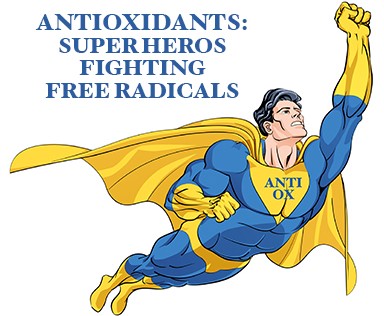
Free Radicals and Antioxidants: A Love Story - Live Well.

NOW Supplements, Super Antioxidants with Herbal Extracts and a Broad Spectrum of Flavonoids for Immune Support, 120 Veg Capsules : Health & Household
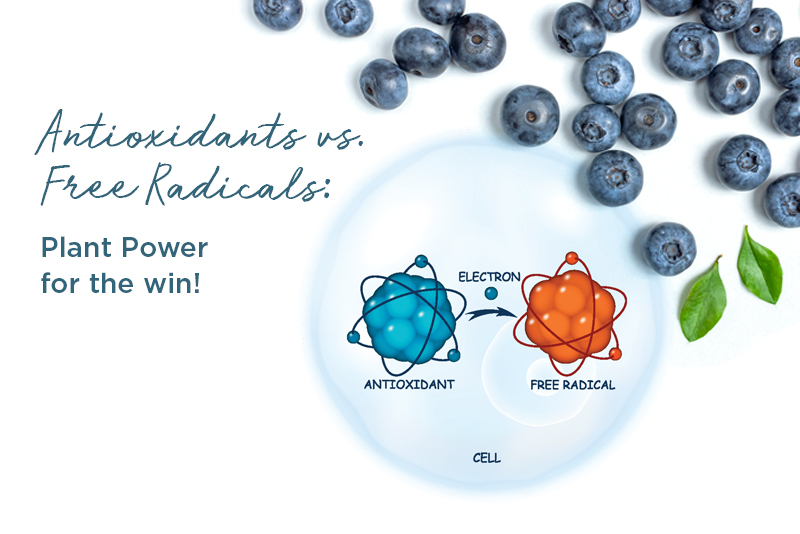
Antioxidants vs. Free Radicals: Plant Power for the win!

Antioxidants Infographic Contain Sources Free Radical Stock Vector (Royalty Free) 281182646

Antioxidants: Your knight in a shining armour.

Antioxidants Disappoint Again Office for Science and Society - McGill University
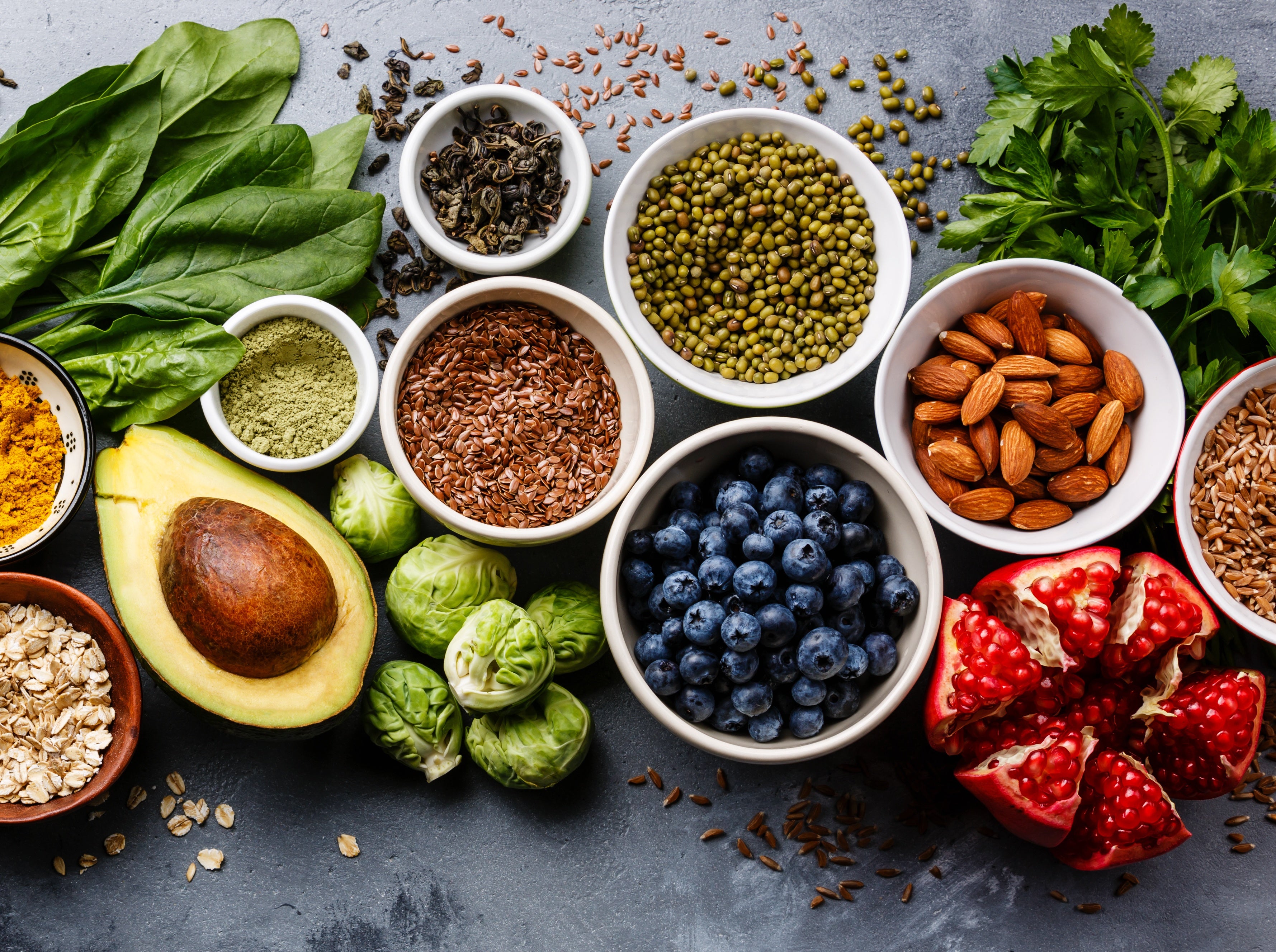
Antioxidants, The Nutrition Source

Free radicals, antioxidants, and nutrition - ScienceDirect






